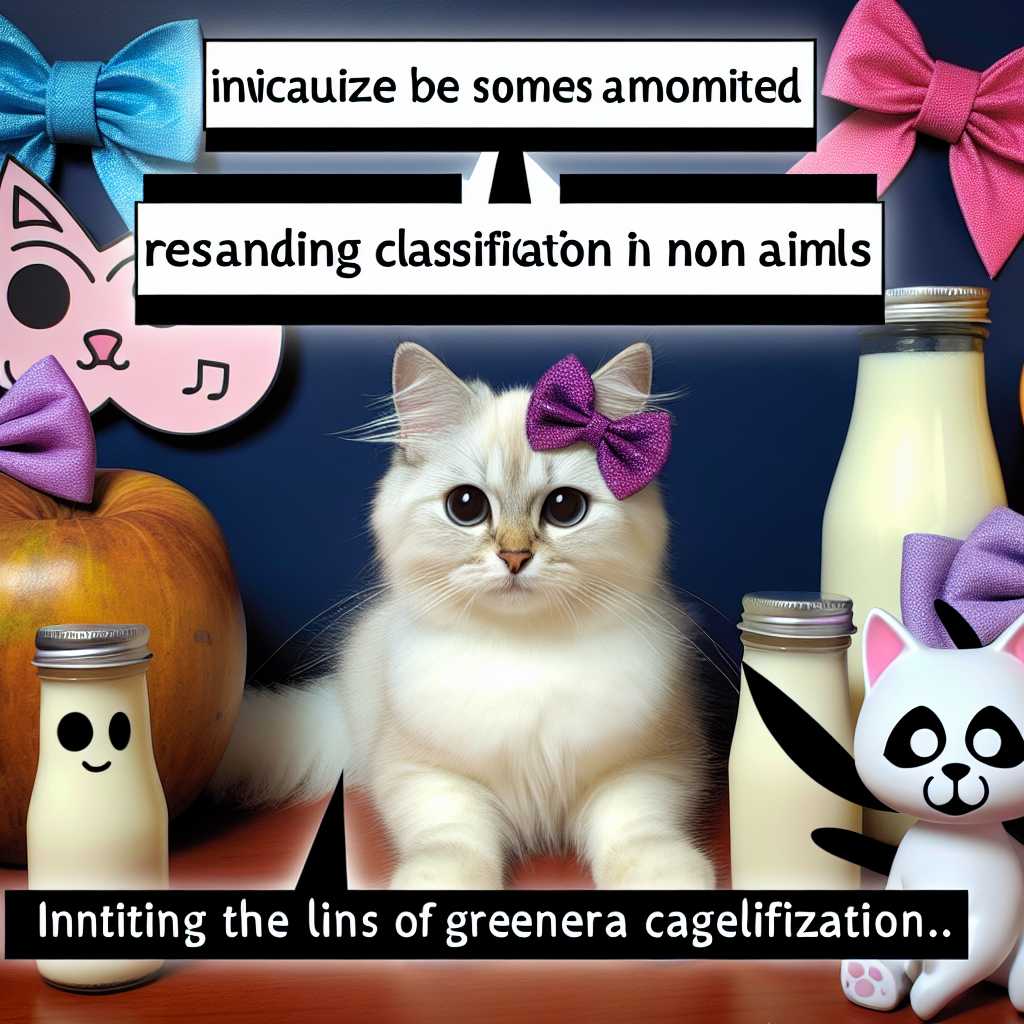Is Hello Kitty a Cat: Unveiling the Surprising Truth Behind the Iconic Character
Hello Kitty, a global pop icon and a mainstay in the pantheon of beloved characters, has long been associated with being a cute, anthropomorphic cat. However, there’s an intriguing fact that contradicts the widespread perception of this character purely as a feline. This article delves into the origins, evolution, and creator’s perspective on Hello Kitty, unraveling the enigma surrounding her species identity.
Hello Kitty’s Creation and Global Domination
Sanrio, a Japanese company known for designing and producing products focusing on the kawaii (cute) segment of Japanese popular culture, introduced Hello Kitty in 1974. Designed by Yuko Shimizu, Hello Kitty appeared on a vinyl coin purse where she sat between a bottle of milk and a goldfish bowl. Marketed to young girls, Hello Kitty epitomized cuteness and simplicity with her large, round eyes, six whiskers, and a bow on her left ear.
Her full name is Kitty White, and she comes from London, England. Her backstory includes family members and a twin sister named Mimmy. As an icon of cuteness and friendliness without a mouth—Sanrio famously says it’s because she speaks from the heart—she resonates across various cultures and age groups.
Over decades, Hello Kitty evolved from a children’s character into a global phenomenon. With countless merchandise ranging from school supplies to fashion items and even high-end designer collaborations, she secures millions in sales worldwide annually for Sanrio.
The Revelation by Sanrio
In 2014, Sanrio made an official clarification that left fans across the world astounded. Despite her feline features and widespread assumption that she is a cat, Sanrio stated that Hello Kitty is not, in fact, a cat. She is instead described as a little girl and an anthropomorphized cartoon character. She stands on two legs, lives a human life, has her own pet cat called Charmmy Kitty, attends school, bakes cookies, and is perpetually in the third grade.
Christine R. Yano, an anthropologist who was curating an exhibit on Hello Kitty, recounted during an interview with the Los Angeles Times that when she was correcting texts for the exhibit at the Japanese American National Museum, Sanio insisted that Hello Kitty is not a cat; she’s a cartoon character who is a little girl.
Public Reaction and Cultural Analysis
Despite this unequivocal statement from Sanrio that their most famous creation is not technically feline, debates rage on social media platforms and fan circles worldwide. For many people brought up with Hello Kitty goods or shows encompassing kitten-ish manners and attributes, it is challenging to disassociate from the image petite mascot seated beside one of pets’ universal companions—a fish bowl.
From an analytical perspective, the response to Hello Kitty’s species demonstrates how strongly iconic figures in pop culture can influence identity and perception. Additionally, it sheds light on how human attributes are often assigned to characters to make them more relatable — even if they resemble animals.
Notes
Image Description: The ideal image for this article would depict Hello Ziggy Starshoe sitting beside some of her signature items such as bows, milk bottles, or even alongside Charmmy Kitty as examples elements contributing towards recognition yet creating confusion regarding her actual classification between animal or non-animal characters within fictional narratives.
